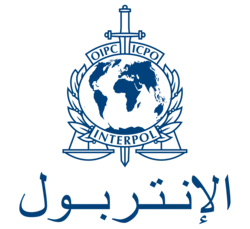Global + local = success against organized drug crime in Gabon
The iboga bush is classified as a national heritage plant in Gabon, where its root bark is used in traditional ceremonies. But its psychoactive properties also make it attractive to organized crime. Together, local and international police are disrupting the illegal trade.
Ibogaine is a psychoactive substance found in the root bark of iboga, a bush that is endemic to Cameroon, the Republic of the Congo, the Democratic Republic of the Congo, Angola and especially Gabon, where it has long been used during initiation rites in Bwiti, one of the country’s three main religions. But its hallucinogenic properties and its potential as a treatment for addiction have attracted both tourists eager to experience a local tradition and self-styled wellness practitioners offering ibogaine cures in rehab clinics and retreats in Europe, the Americas and beyond.
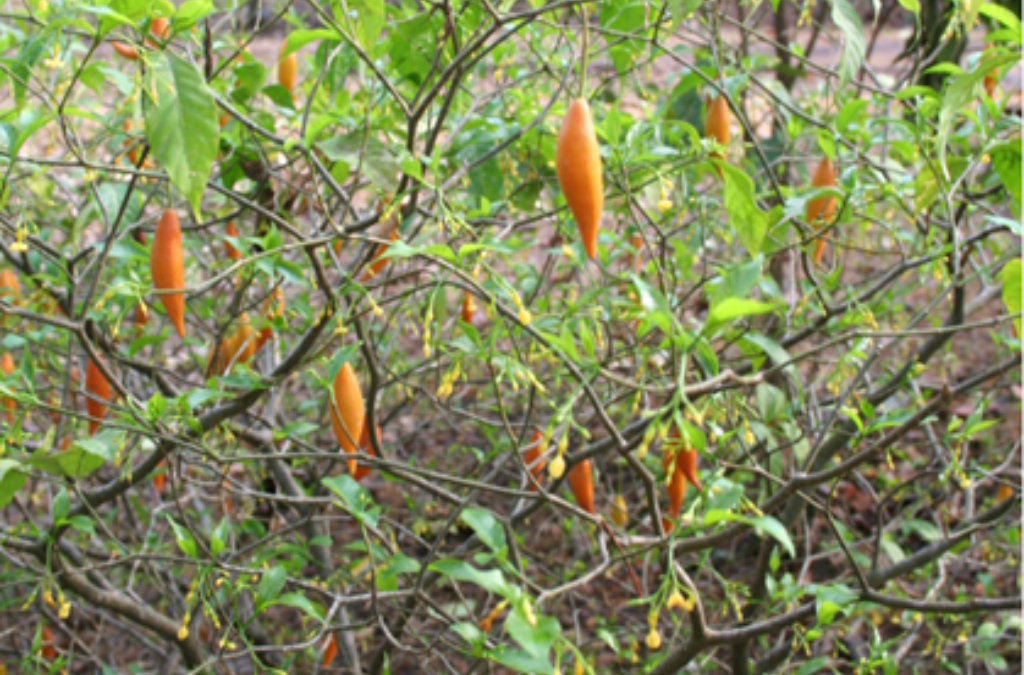
A threat to security in Africa
Like gold, Gabon classifies iboga as a strategic substance whose use is controlled and whose exportation is banned, but high demand and high prices, along with the rise of internet and online marketplaces, have led to a flourishing illegal trade, dominated by organized crime. The same poachers that traffic ivory or leopard skins are now known to traffic iboga, felling large areas of the bush in protected forests and exporting their haul via courier services to Asia, Europe or the United States, either directly from Gabon or after crossing the border into Cameroon.
“The threat of iboga trafficking extends well beyond our national borders,” says General Serge Ngoma, Commander-in-Chief of the Gabonese National Police Force. “This type of environmental crime has become a transnational security issue, not only leading to the plundering of natural resources, but also fuelling organized crime networks, corrupting economies and threatening the stability of African states.”
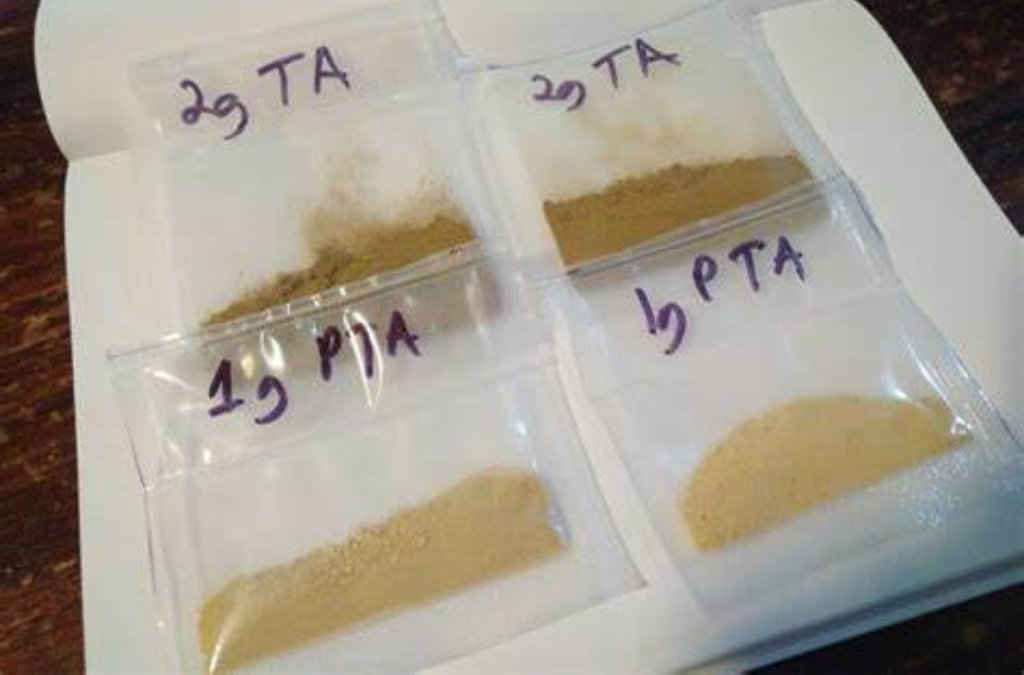
Analysis to counter organized crime
To counter this growing trend and protect Gabon’s ancestral practices, its forests and the ecosystems that depend on them, the National Police Force has been working with INTERPOL as part of ENACT, a European Union funded project that leverages criminal analysis to enhance Africa’s response to transnational organized crime. ENACT has enabled the creation of ten Criminal Analysis Units in Africa since 2019, with the Gabon Unit opened in 2021. Analysis of the illegal iboga trade has been one of its key priorities: the local team working on intelligence from the Ministry of Water and Forests, national parks and informers and their ENACT INTERPOL colleagues focusing on the international dimension, working with INTERPOL National Central Bureaus to analyse data on both individual criminals and organized networks. Both teams also carried out an analysis of the online retailers selling iboga, identifying sites in Cameroon, the United States, Mexico and several European countries.
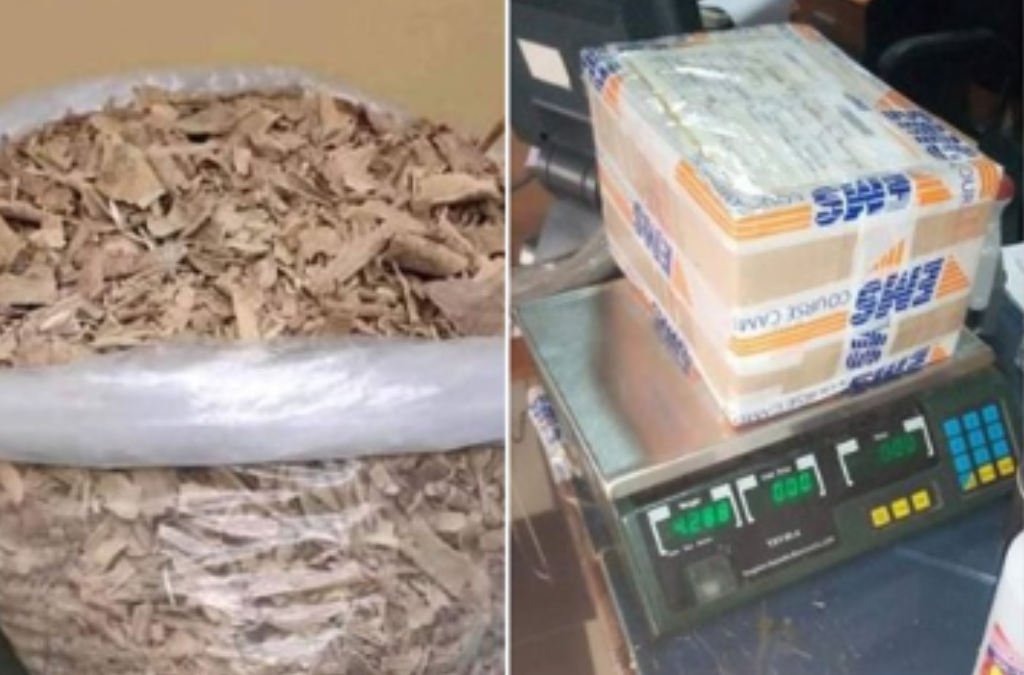
The power of combining forces
This local/global collaboration led to the publication of an analytical report on the illicit trafficking of iboga in 2023, along with a Purple Notice alerting police across the world of the modus operandi being used by criminal groups. “After publication of the report, we organized a series of meetings with police and other stakeholders to raise awareness of the problem in the region,” says Christian Ayenengoye, Criminal intelligence Analyst, Project ENACT, INTERPOL Regional Bureau Abidjan and former Head of the Gabon Criminal Analysis Unit, “and since then, we have begun to see much larger seizures of iboga and ibogaine. Thanks to the Purple Notice,” he adds, “as soon as a country identifies a case, they are able to contact their colleagues in Gabon and organize a joint investigation. We have also seen much closer collaboration with the Ministry of Water and Forests and the national parks agency.”
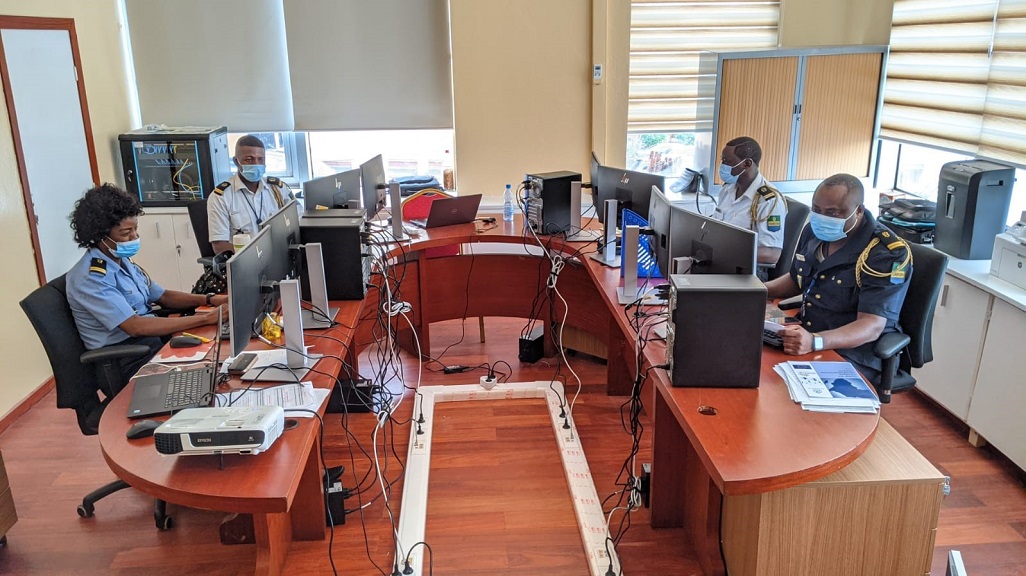
An African approach, built with Africa
“INTERPOL plays a fundamental role in this type of achievement by catalysing and amplifying local police capabilities,” says General Serge Ngoma. “The excellent results in Gabon have led to the identification of criminal networks trafficking iboga and other substances and steps towards dismantling them,” he continues. “They were made possible by training analysts here and allowing them to work with sophisticated tools, as part of a cooperation based on trust, co-construction and national empowerment. This is not some standard model imposed from the outside,” concludes General Ngoma, “but an approach built with, and for, African countries.”
